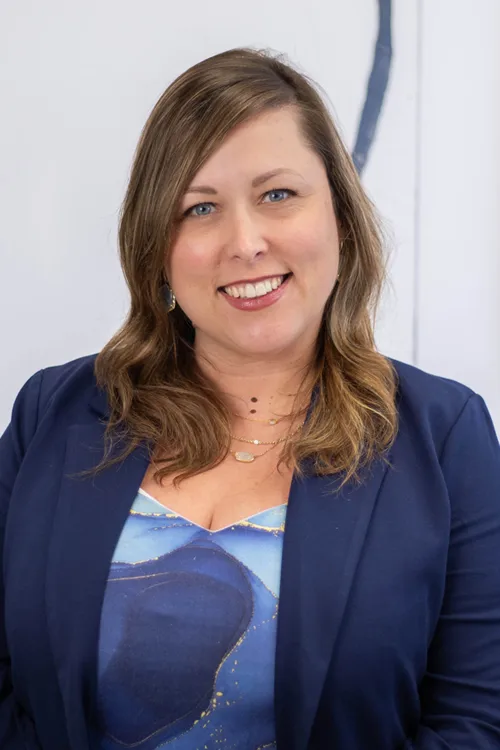Key Takeaways
A Lawyer’s Perspective on the Best Interests of the Child in Maryland Custody Cases
By Julie Colin, Esq.
As a family law attorney with decades of courtroom experience, I have come to believe that while parents are often in the midst of some of the hardest moments of their lives, it is the children who have the most at stake. My work focuses on helping clients navigate high-conflict custody cases with clarity and compassion, always keeping one principle in mind: what’s best for the child must come first.
The Best Interests Standard: What It Really Means
Both Maryland and New Jersey law use the “best interests of the child” standard to determine custody. But for many parents, especially in the middle of emotional separation or divorce, this concept can feel abstract. Here’s how I explain it to my clients:
“Your child has two jobs: go to school and be a child. Everything else: resentments between you and your ex, finances, adult disagreements is your job. Children should be kept out of the middle.”
The court will look at things like:
- Stability and safety in each home
- The child’s education and health
- Access to extended family and a support system
- Age-appropriate social development
But legal definitions are only one part of the picture. I encourage clients to think about their child’s emotional safety and ability to grow up confident and loved.
Case Example: When Anger Overshadows Parenting
Not long ago, I worked with a client who had a 2-year-old child with an ex-partner she never lived with. The parents couldn’t get along. She wanted to keep the child away from the father altogether. I had to tell her:
“You don’t have the right to deny him parenting time. The law won’t support that. But let me help you build a schedule that prioritizes trust-building and the child’s adjustment.”
We negotiated for holidays and one overnight a week. Just enough to ease them both into a routine without causing unnecessary stress for the child. That was a win for the child’s development, and eventually, for both parents.
The Reality of Divorce for Children
Many clients come to me with a mindset of winning or losing custody. But the truth is, children don’t win when parents fight—they suffer. I often share this with my clients:
“I’ve studied the psychological impact of divorce on children, and it’s clear: kids thrive when their parents are working together—even if they’re no longer together.”
The law sees both parents as equals. This can be especially surprising in cases where a mother assumes default custody or a father feels marginalized. My role is to explain the legal expectations and help parents adjust their approach accordingly.
When Co-Parenting Fails: Communication Tools That Can Save Your Sanity
In high-conflict situations, communication often breaks down entirely. One of the first things I ask a client is, “How do you communicate with your co-parent?”
When verbal or text communication causes stress or conflict, I suggest:
- Parenting apps like OurFamilyWizard or Talking Parents
- Therapy with the same therapist (separately at first) to improve co-parenting skills
- Mediation to resolve disputes without escalating them to court
I also encourage clients to adopt a parallel parenting model when needed: fewer direct interactions, more structure, and clear expectations to minimize the chance of conflict.
Guidance from Experience: Helping Clients Stay Grounded
My approach blends trial-tested strategy with emotional insight. I tell clients:
“This is your child’s only childhood. Let’s make sure they come out of this knowing they’re loved by both parents.”
That mindset is what makes me effective, especially in high-conflict cases. Yes, I have the trial skills to fight for sole custody if needed. But more often, my role is to help my client make informed decisions and balancing what they want with what their child needs.
Final Thought
When the court makes a decision, it’s final for now, but your role as a parent continues. Custody orders are only part of the picture. How you model love, communication, and responsibility matters just as much. If you’re in the middle of a custody dispute, let’s talk about your goals and how to achieve them in a way that protects your child.
Julie Colin, Esq., practices family law in Maryland and New Jersey and is known for her compassionate yet strategic approach to high-conflict custody cases. She also has experience in adoption and parental advocacy, and she is deeply involved in volunteer work supporting children and families.

